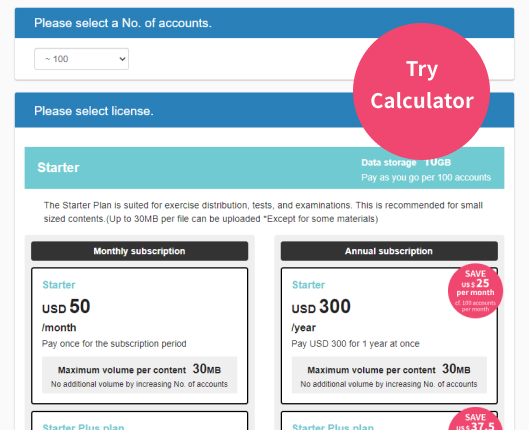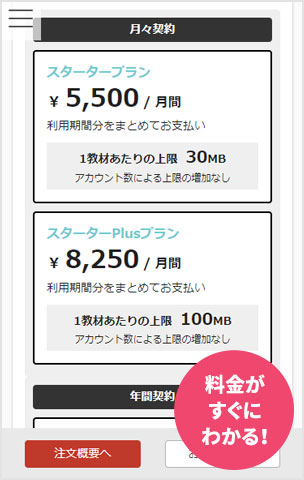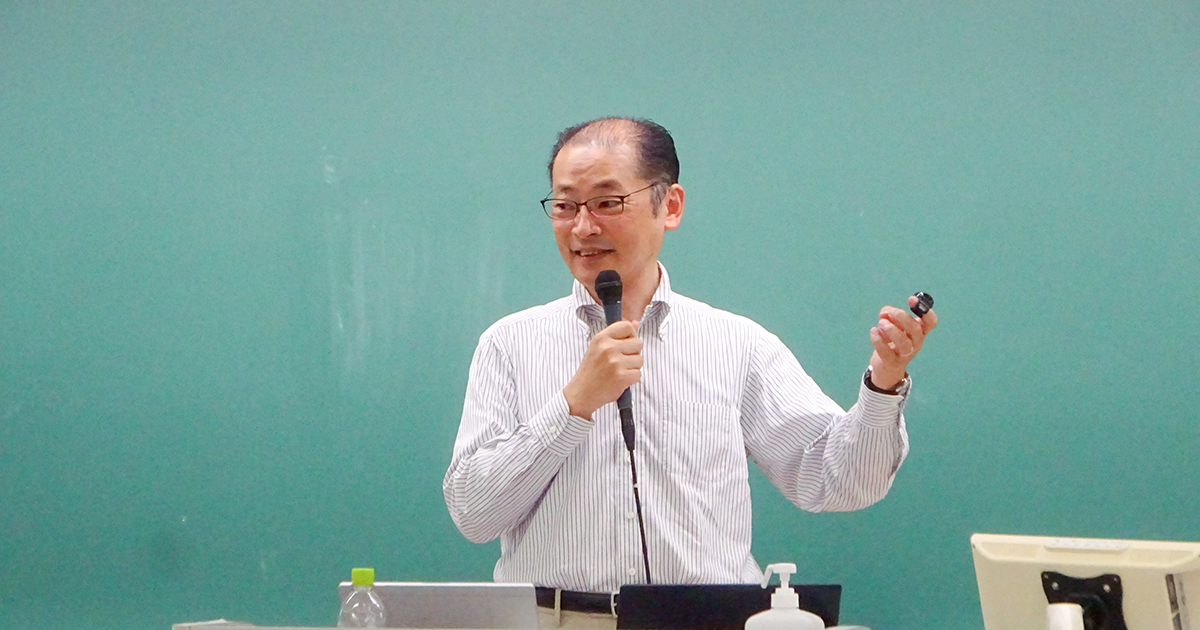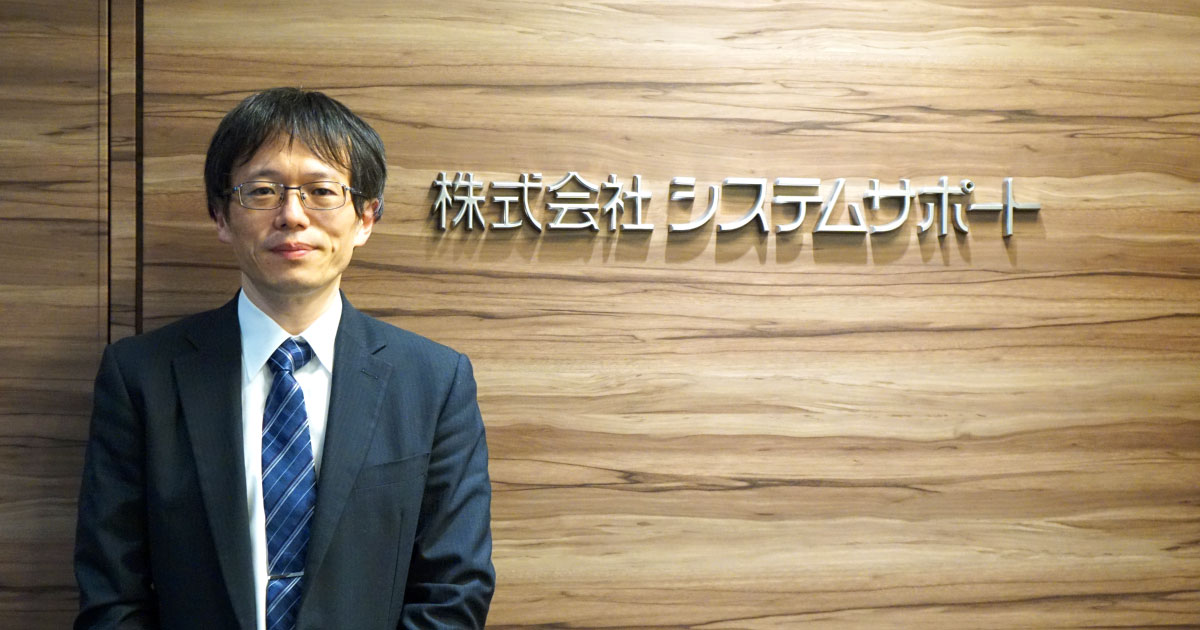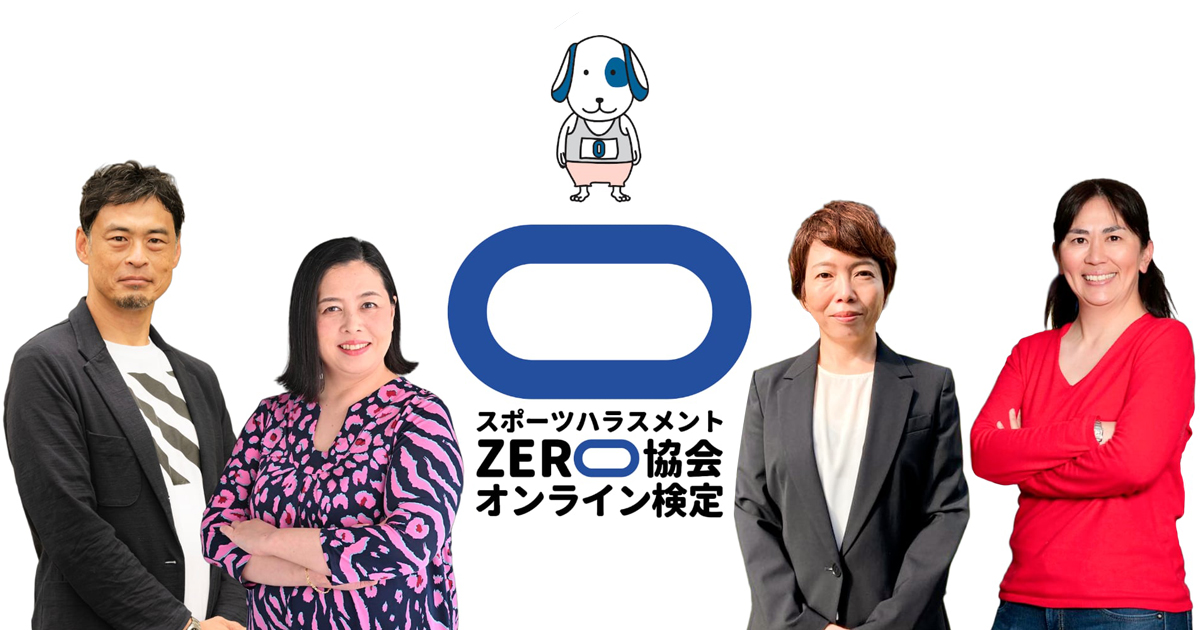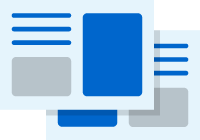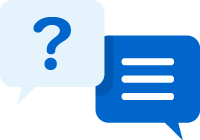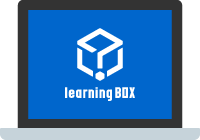Successful Integration of Talent Management System “Kaonavi”
Released on
Released on
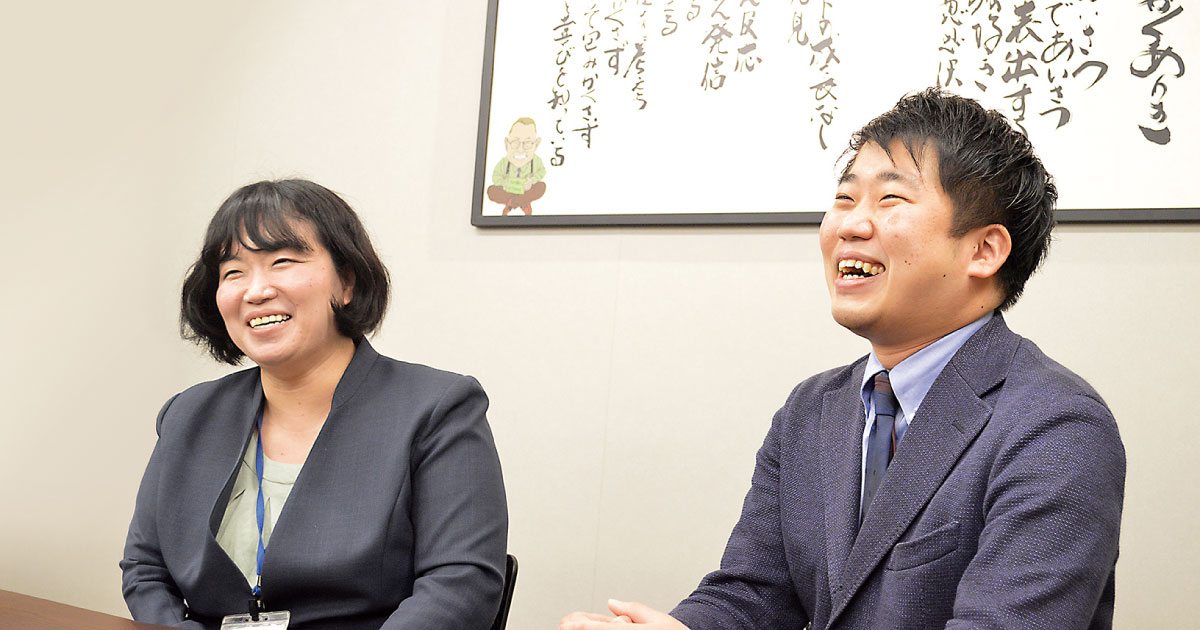
(From left) Ms. Kumi Nakai, Mr. Masato Takahashi

- Centralized management of training results and employee data was not in place.
- Supervisors were unable to promptly access the performance records of newly transferred team members.
- Manual aggregation of test results was time-consuming and burdensome.


- Integrated Kaonavi made it possible to centralize management of employee data and training results. The previously manual synchronization process was automated, significantly improving operational efficiency.
- Automatic synchronization of performance data and employee information enabled faster feedback from supervisors to on-site staff.
- Weekly aggregation tasks, which previously took approximately three hours, were eliminated. License acquisition rates are now updated more quickly and accurately.
Founded in 1949 as a traditional oden restaurant “Shubou Genji” in Toyohashi City, Aichi Prefecture, the company has since expanded into various food service businesses including yakiniku, ramen, and okonomiyaki. Today, it operates over 500 locations both domestically and internationally, including both directly managed and franchised stores. With a mission to deliver moments of relaxation and genuine energy to customers through food, the company operates under the management philosophy of “Smile & Sexy.” It is committed to nurturing “Monogatari Leaders” — individuals full of character and vitality — who bring life and energy to society. We spoke with the company about how integrating learningBOX with the talent management system Kaonavi has helped streamline their operations.
The Go-To Platform for Promotion Exams and Weekly Quizzes
How are you currently utilizing learningBOX?
Mr. Takahashi:Since its introduction in 2019, learningBOX has become synonymous with promotion exams within our company — it’s now part of our shared language. We conduct three types of promotion exams using learningBOX: one every three months for promotion to Supervisor and Assistant Manager, and one every month for promotion to Store Manager.
I’m also responsible for creating a weekly 10-question quiz called the “Monogatari Certification,” which is distributed company-wide. I regularly consult with your support team by phone, and they always respond with such care and professionalism that I find myself relying on them more than I should!
We’re thrilled to hear that learningBOX has become such an essential tool for your organization. Are there any other benefits you’ve experienced since implementation?
Mr. Nakai:Every Monday, we hold a company-wide morning assembly where executives take turns delivering talks. I incorporate the content of these talks into the weekly quizzes I create, allowing us to assess employee understanding. This helps ensure that the company’s messages are truly being communicated and understood, and it plays a key role in reinforcing our corporate philosophy.
Mr. Takahashi:In 2020, during the COVID-19 pandemic, we temporarily closed all stores for about a month. During that time, we used learningBOX to provide daily learning content to all employees. It allowed us to turn the downtime into valuable learning opportunities, and we were truly glad to have implemented learningBOX.
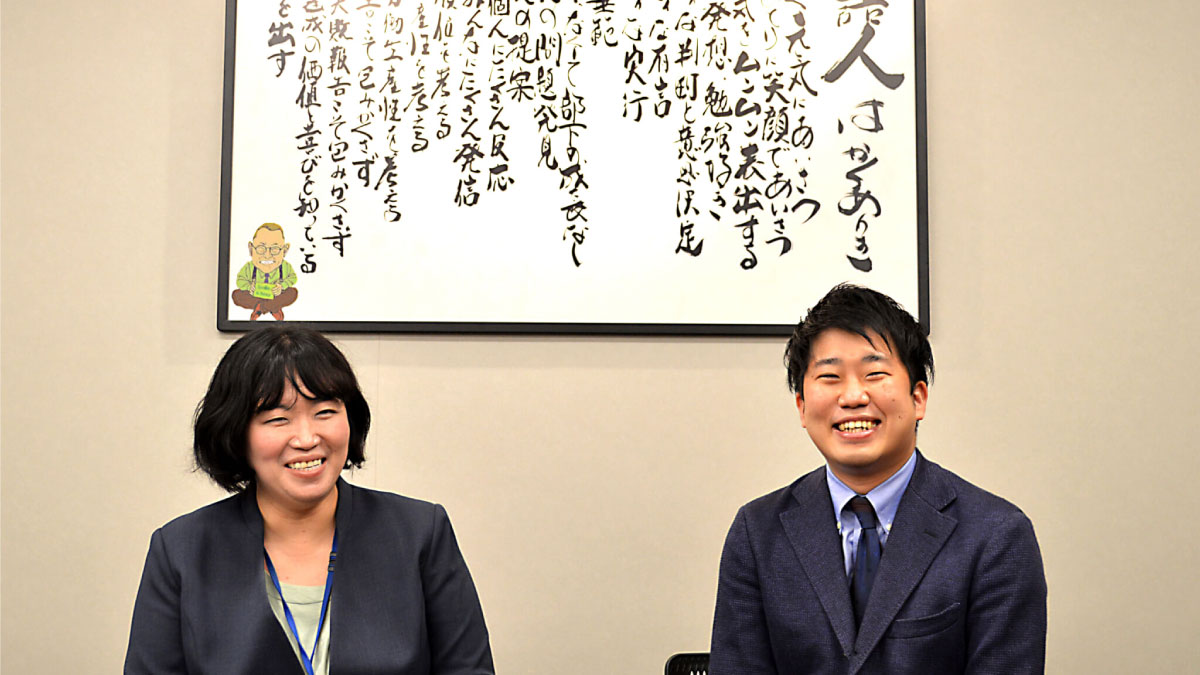
You have recently linked your system with Kaonavi. Could you first tell us how this came about?
Mr. Nakai:Initially, the two systems were implemented for separate needs: learningBOX was used to conduct promotional exams, and Kaonavi was used to manage personnel information.
However, with the introduction of a new HR system, the scope of learning expanded beyond promotion exams. Employees were now required to continuously update their knowledge in response to legal revisions and stay informed on the latest compliance standards. As the baseline knowledge required for each role continued to grow, we introduced the “Monogatari License” as a self-development tool to help employees verify and reinforce their understanding.
We launched the initiative in August 2020 and are currently in the midst of a test run, with plans to officially roll it out in July 2021. The integration with Kaonavi began with the goal of importing Monogatari License test results from learningBOX into kaonavi. This integration officially started in March 2021.
Data to Accelerate Talent Growth
How exactly are learningBOX and Kaonavi integrated, and what benefits have you seen?
Mr. Nakai:While learningBOX has the technical capability to track performance, our internal settings initially allowed only individuals to view their own results—managers couldn’t access their team members’ scores. By syncing data with Kaonavi, we overcame this limitation. This has been one of the most significant benefits of the integration.
As a growing company, we frequently open new stores and reassign staff. Previously, we manually updated employee information, which meant it could take up to two months for a new manager to receive their team member’s Monogatari License results—creating a considerable time lag.
With the integration between learningBOX and Kaonavi, performance data and HR information are now automatically synced at scheduled intervals. This automation has been a game-changer and generated a lot of excitement within our team. We’re now entering a new phase where we can combine Kaonavi’s centralized HR data with additional data points for deeper insights.
For example, we’re exploring whether teams with higher license acquisition rates tend to perform better. By analyzing this combined data, we hope to uncover new strategic directions for HR and operations.
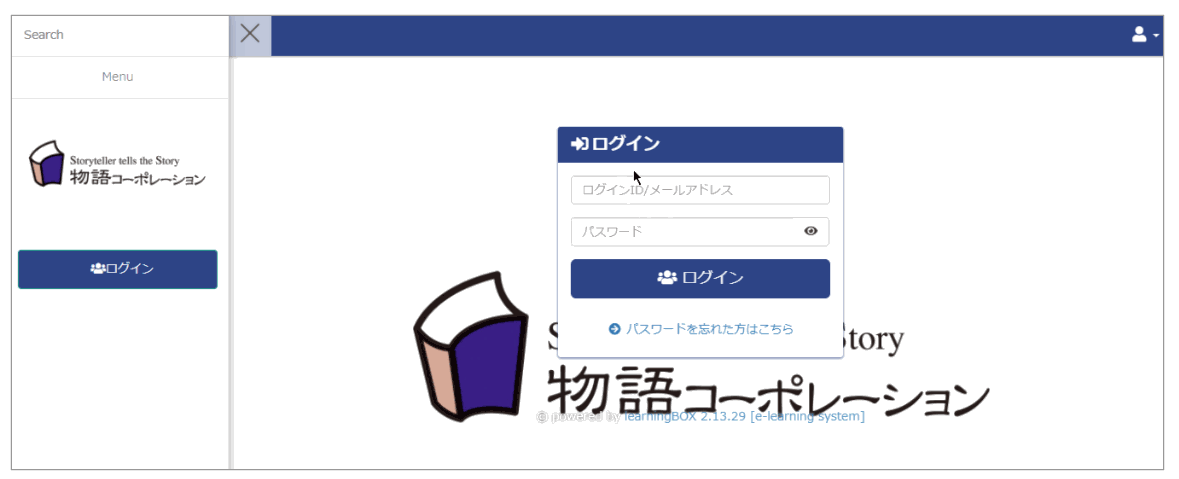
Since the licensing system is still in its test phase, are you continuing to experiment with the integration?
Mr. Nakai:We’ve conducted extensive testing in a sandbox environment and are confident in the system’s stability. The ability to consolidate training results, test scores, and promotion history into a single platform is incredibly valuable for our HR team, which handles a large volume of data. We’re aiming to fully operationalize the system by April, when our new hires begin their roles.
What other improvements do you anticipate from this integration?
Mr. Nakai:As mentioned earlier, one of the biggest advantages is that a manager can now access a team member’s Monogatari License status on the very day they transfer into a new department. This enables managers to support their team’s development from day one, ultimately accelerating talent growth across the organization.
In addition to license data, Kaonavi now provides access to individual profiles, test results, transfer history, and even the personal statements made at the time of joining the company. This allows managers to better guide each employee’s career path and development roadmap. For a company like ours, where personnel movement is frequent, the ability to manage performance and HR data in one place is a tremendous asset.
Another major benefit is the elimination of manual license acquisition tracking. Previously, our staff spent about three hours each week compiling this data. Automating this process has significantly improved operational efficiency, freeing up time for other important tasks.
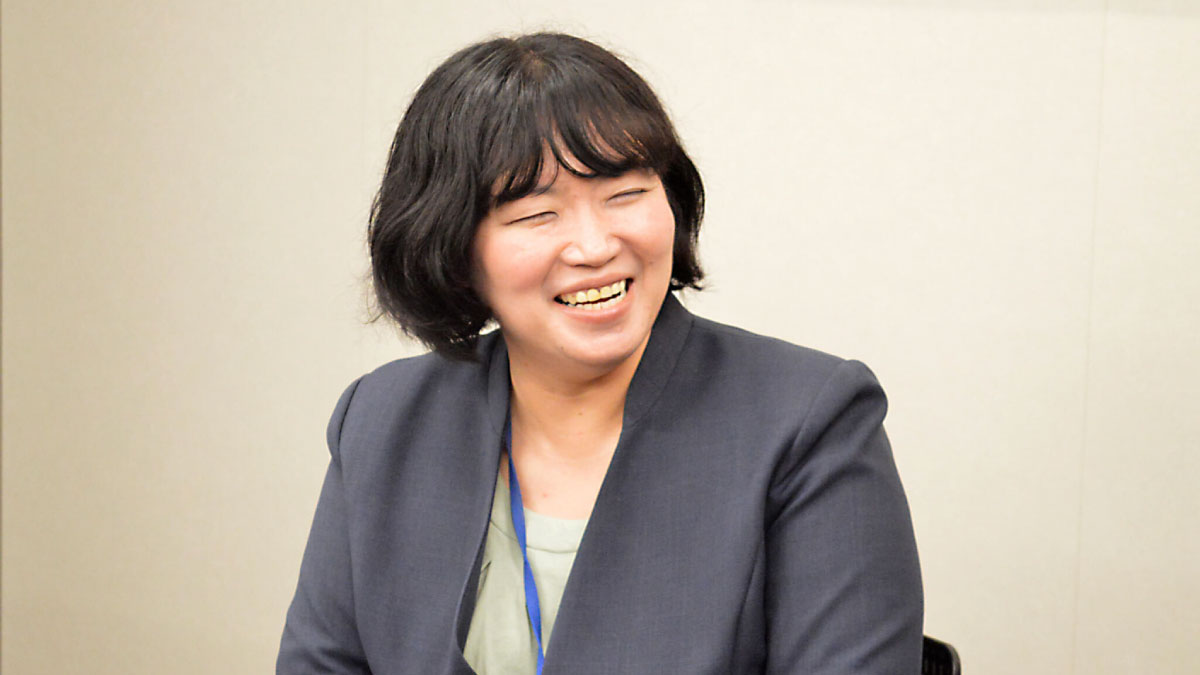
The Support Staff Proactively Offer Additional Suggestions
How do you envision this recent system integration contributing to talent development and data analysis?
Mr. Nakai:Moving forward, we plan to accelerate internal learning by leveraging learningBOX to manage both our “Story License” program and our promotion exams as two key pillars.
Mr. Takahashi:By combining this with personnel data from Kaonavi, we believe it will enable more multifaceted evaluations and lead to a deeper understanding of our people.
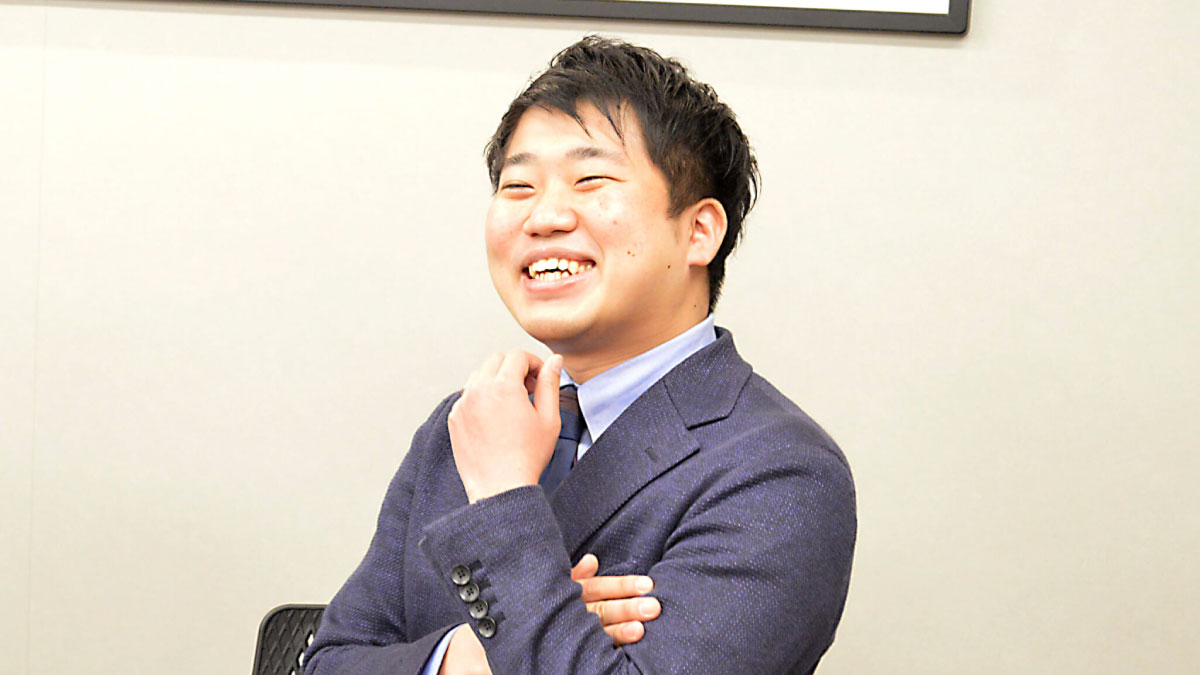
Although we’re still in the early stages and there may be areas for improvement down the line, do you have any requests or feedback at this point?
Mr. Nakai:Whenever something comes up, we consult with your team, and your quick response time has been incredibly helpful. Not only do you provide accurate answers to our questions, but you also go a step further by understanding our intent and offering thoughtful suggestions. We truly appreciate that.
This time, we focused on integrating learningBOX with Kaonavi, but there are many other HR-related systems out there. We’re looking forward to exploring additional integrations in the future.
Mr. Takahashi:We’re currently looking for ways to better visualize the impact of our weekly “Monogatarizin Certification” program. We’ve been working with your team to gradually improve the scoring system and data visualization features, and we hope to continue enhancing the platform to provide more meaningful feedback to test-takers.
It’s clear that both of you are leading the way in aligning internal learning with the company’s vision.
Mr. Nakai:Since our company has locations across the country, effectively utilizing systems is essential to ensure our management philosophy and corporate policies are communicated throughout the organization. Both Takahashi and I started our careers working in the field, so we understand firsthand how well—or how poorly—the head office’s intentions are being conveyed. While face-to-face communication is often the most impactful, geographical distance can make that difficult. That’s why we’re committed to using digital tools to ensure our values and direction are clearly and consistently shared across the entire company.
Thank you for your participation
.
